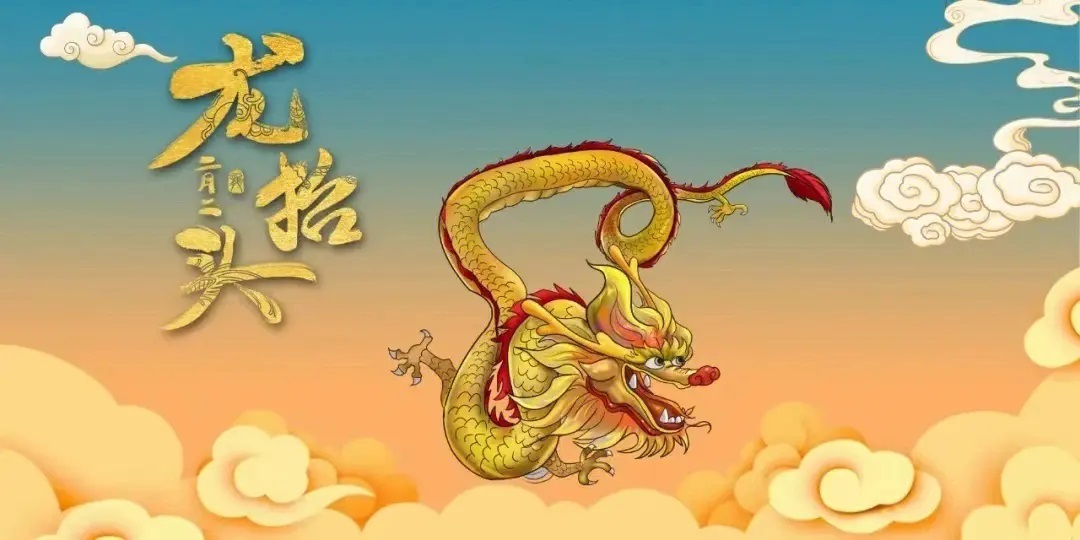Dragon-Head-Raising Festival

The origin of Dragon Heads-raising Day
Chinese folklore says that every second day of the second lunar month is the time when the dragon in charge of the rain lifts its head. Thereafter, the rain will gradually increase, indicating a good harvest this year. The folk proverb "On February 2, the dragon lifts its head, the big barn is full, and the small barn flows" is widely spread in the north of China. This day is called "Spring Dragon Festival", also known as "Spring Farming Festival". Since about the Tang Dynasty, Chinese people have had the custom of "February 2". Chinese people believe that dragons are auspicious, responsible for clouds and rain, and the day of February 2 in the lunar calendar is the day when dragons want to ascend to heaven. In terms of solar terms, at the beginning of February in the lunar calendar, it is between "The rains", "the Waking of Insects" and "Vernal Equinox". Many places in China have begun to enter the rainy season, which is a natural law, but the ancients believed that this is the credit of "dragon". Moreover, the dragon has a high position in the minds of the Chinese people. It is not only a mascot, but also the master of weathering rain. Therefore, there was "February 2".
The custom of Dragon Heads-raising Day
This day's haircut is called "Shaving the head" Bless the children to grow up healthily and become famous when they grow up. Adults cut their hair and welcome the new year, hoping to bring good luck. There is a folk saying that "if you shave your head on February 2, you will be full of energy the whole year".
The food on Dragon Heads-raising Day
For the sake of Naji, the food eaten by northerners on this day is named after "dragon". Noodles are not called "noodles", but "dragon whiskers noodles"; Dumplings are called "dragon ears" and "dragon horns"; Rice is called "dragon" and so on. Everything takes the symbol and implication related to the dragon.